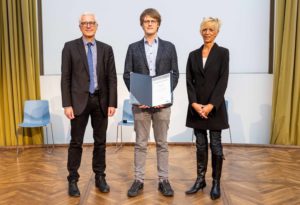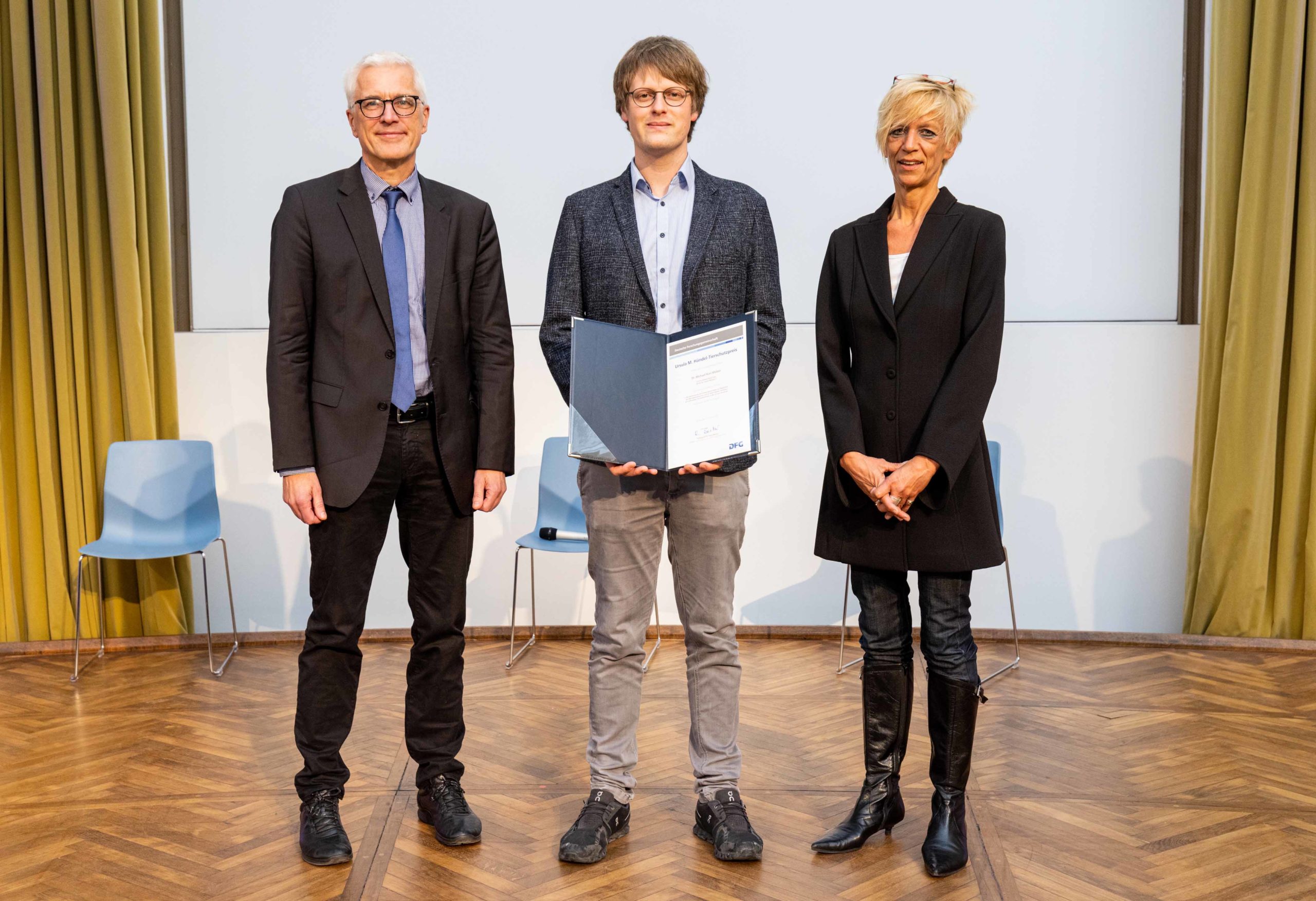Pig urine bladder instead of animal experiment: Dr. Michael Melzer, physician and scientist at Ulm University Hospital, has been honored with the Ursula M. Händel Animal Welfare Award. With this award, the German Research Foundation (DFG) honors scientists who improve animal welfare.
How does pancreatic cancer develop? Dr. Michael Melzer conducts research on stem cell-based models that can be used to understand tumor formation. So-called basement membrane matrices are often used in cancer research. To produce such extracellular matrices, cancer cells have to be implanted into experimental mice. Dr. Michael Melzer proposes an organ culture model from pig urine bladders as an alternative – and was thus able to convince the jury of the Ursula M. Händel Animal Welfare Prize.
As a by-product of the meat industry, pig urine bladders are available in sufficient quantities. Melzer has also already been able to show that the animal-free substitute is suitable for cancer research: Pancreatic carcinoma organoids grow without problems on a pig urine bladder. Thus, the scientist from Ulm has developed a model system for pancreatic cancer that reduces and replaces animal experiments on mice. Michael Melzer intends to use the prize money to further his research into alternatives that do not involve animal experiments: “The model is to be further developed and also used for other types of tumors and stem cell-based systems. Innovations such as bioprinting and microfluidic chips will play a role in this,” says Melzer.
Dr. Michael Melzer studied medicine at the Technical University of Munich, where he also received his doctorate. In 2019, he joined the Department of Urology and Pediatric Urology at Ulm University Hospital as an assistant physician. Melzer is currently participating in the Clinician Scientist Program of the Medical Faculty and the Else Kröner-Fresenius Foundation at the Institute of Molecular Oncology and Stem Cell Biology.
The Ursula M. Händel Animal Welfare Prize of the DFG was awarded during the Animal Welfare Day at the University of Münster. It is the most highly endowed German award in the field of animal experimental research. This year the prize was shared: The “Würzburg Initiative 3R (WI3R)” at the Fraunhofer Translational Center for Regenerative Therapies and at the University of Würzburg were also honored.

